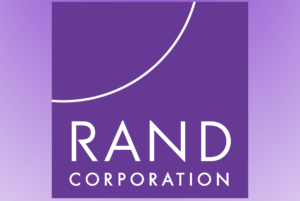Download Report
Exploring Media Literacy Education as a Tool for Mitigating Truth Decay
Truth Decay — the diminishing role that facts, data, and analysis play in political and civil discourse — appears to result, in part, from an increasingly complex information ecosystem. Technology, in particular, offers continual access to information of varying quality and credibility, information that can blur the line between fact-based evidence and opinion. Not everyone is equipped with the skills necessary to navigate such uncertain terrain. The purpose of this report is to describe the field of media literacy (ML) education and the ways in which ML education can counter Truth Decay by changing how participants consume, create, and share information. One limitation of this research base arises from the variety of ways that literature defines and measures ML outcomes; while a multiplicity of viewpoints can be beneficial, it also presents challenges in terms of aggregating findings across studies. Despite this, the authors describe existing evidence that ML could be a useful tool for combating Truth Decay. They also provide an inventory of ML offerings available to the public. Finally, the authors make suggestions for moving forward, with the specific recommendation that professionals in ML and related fields strengthen their communication and collaboration, considering where there are opportunities for a common approach to researching ML. The authors recommend that policymakers and practitioners increase participation from diverse constituencies in scaling ML efforts.








